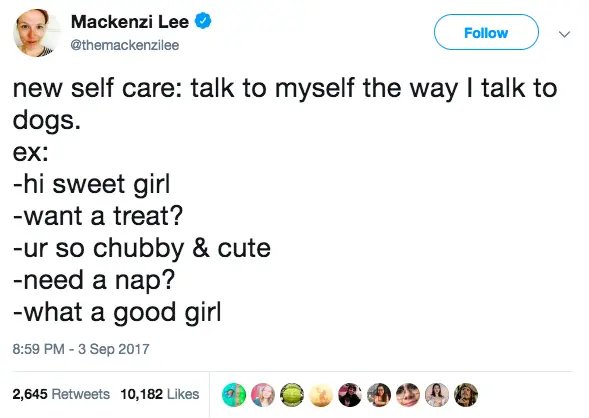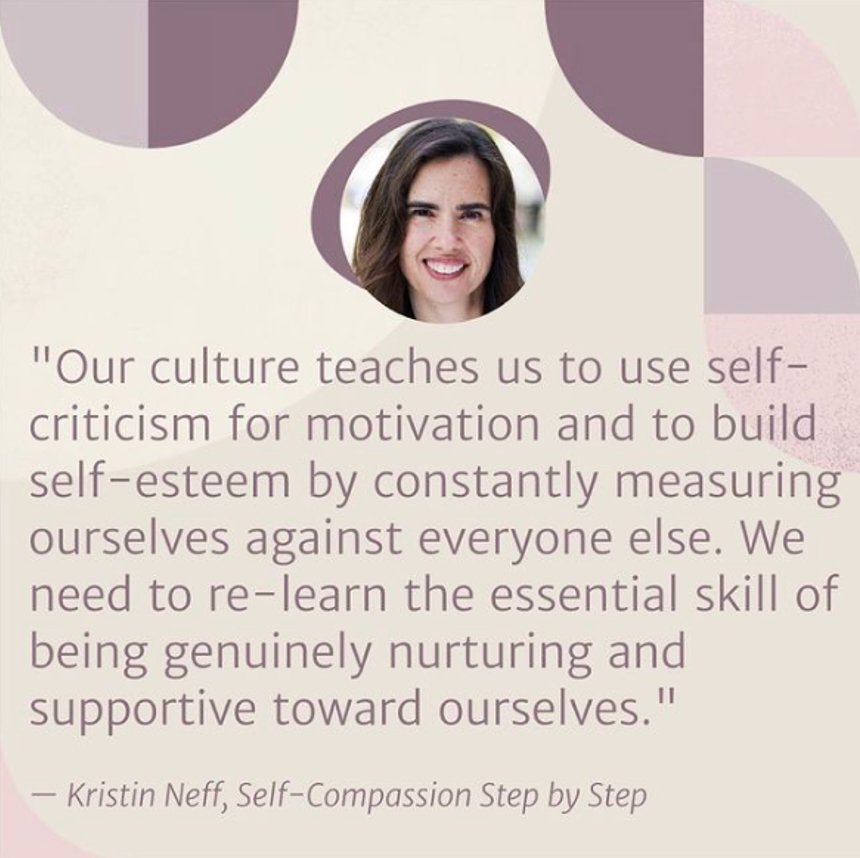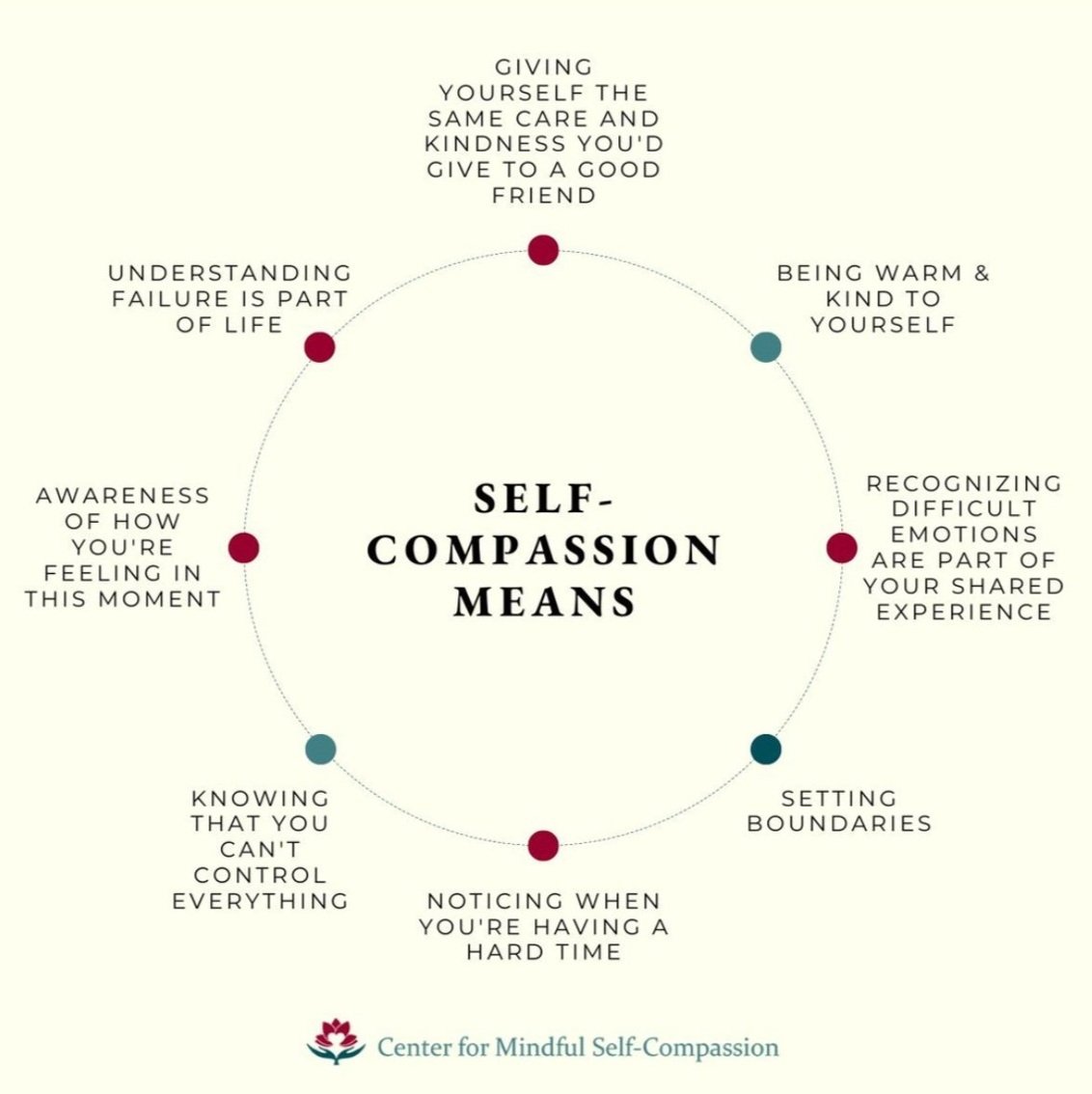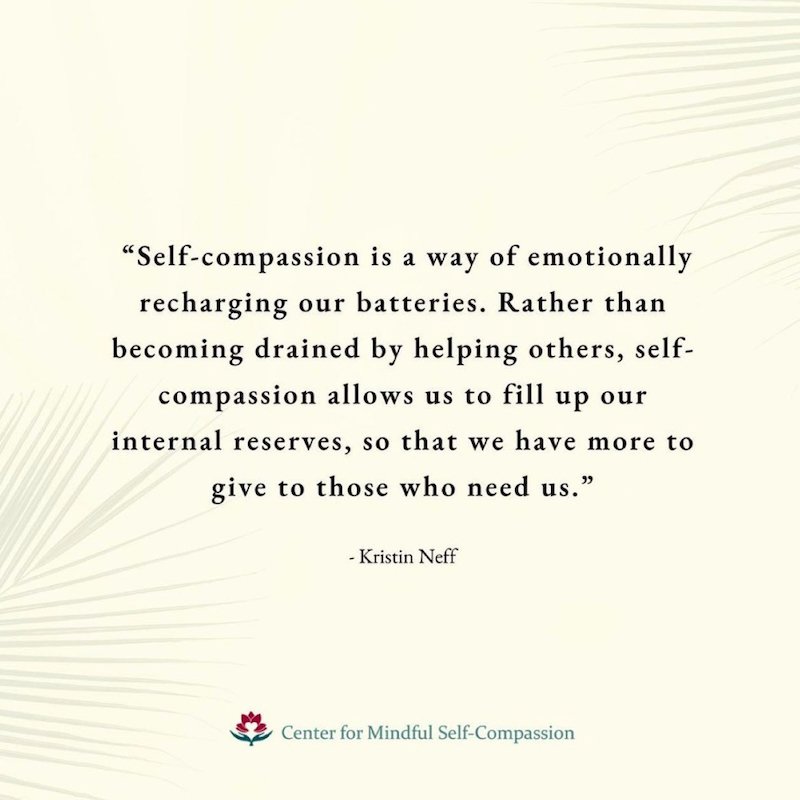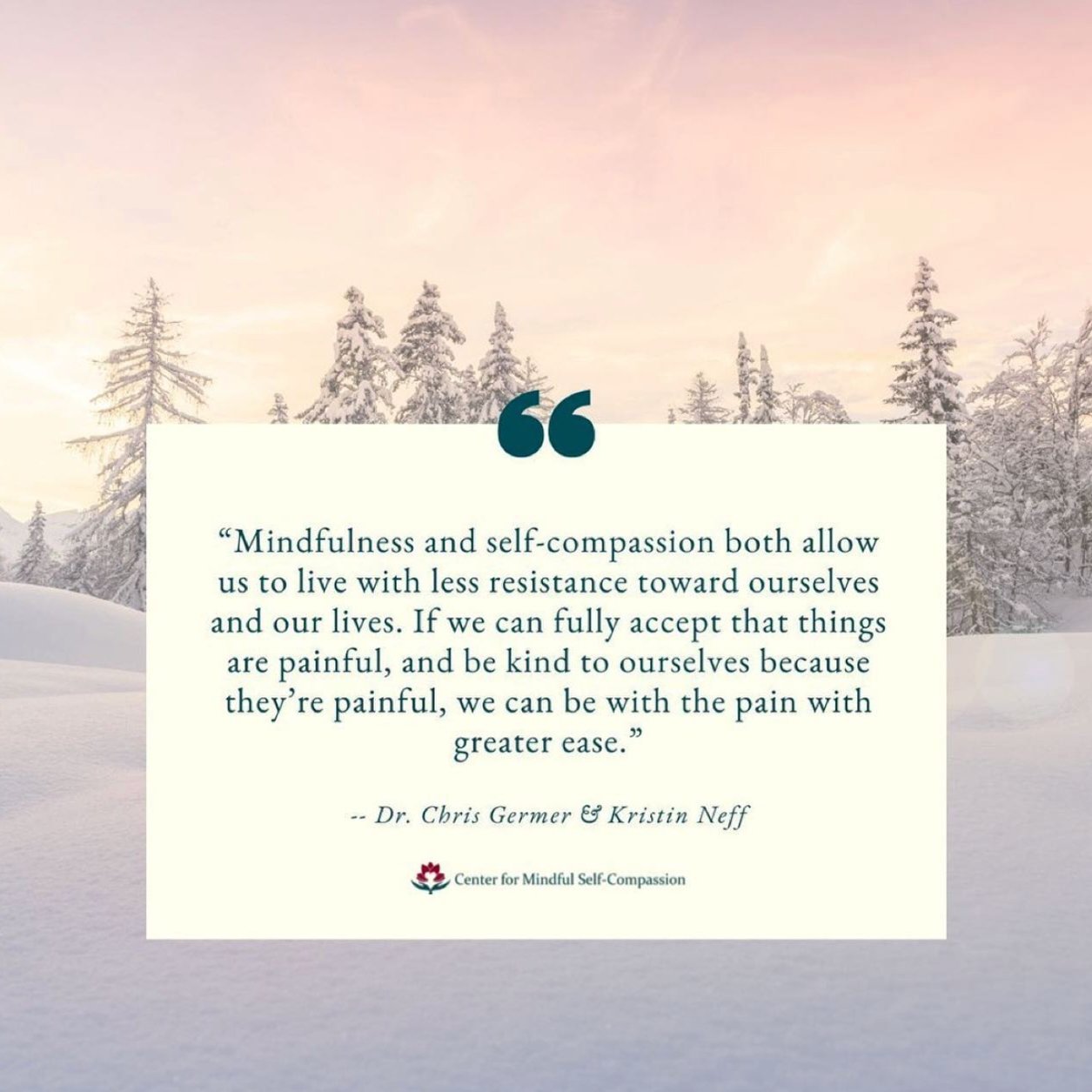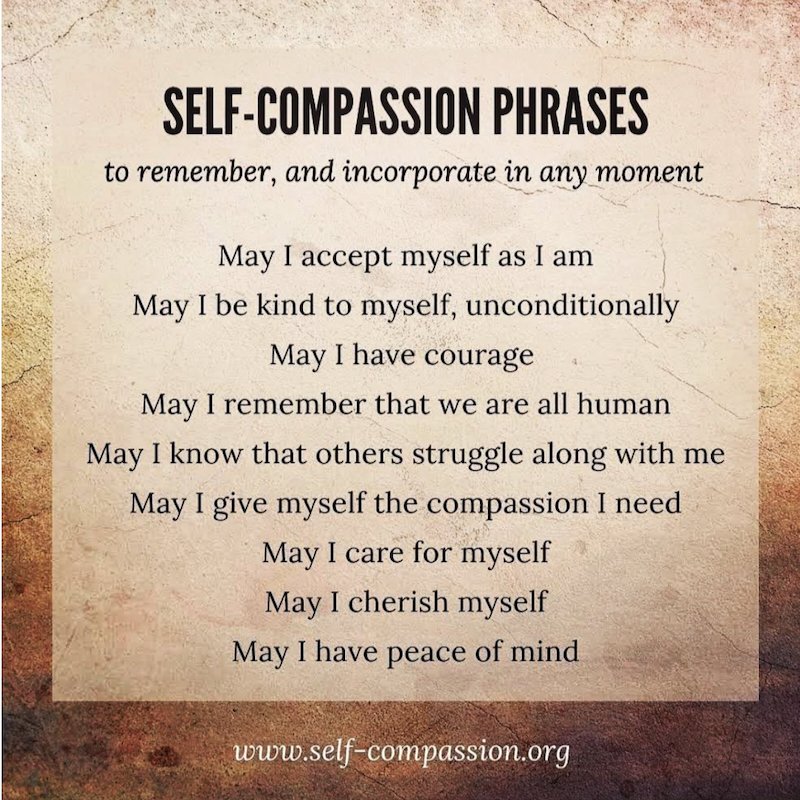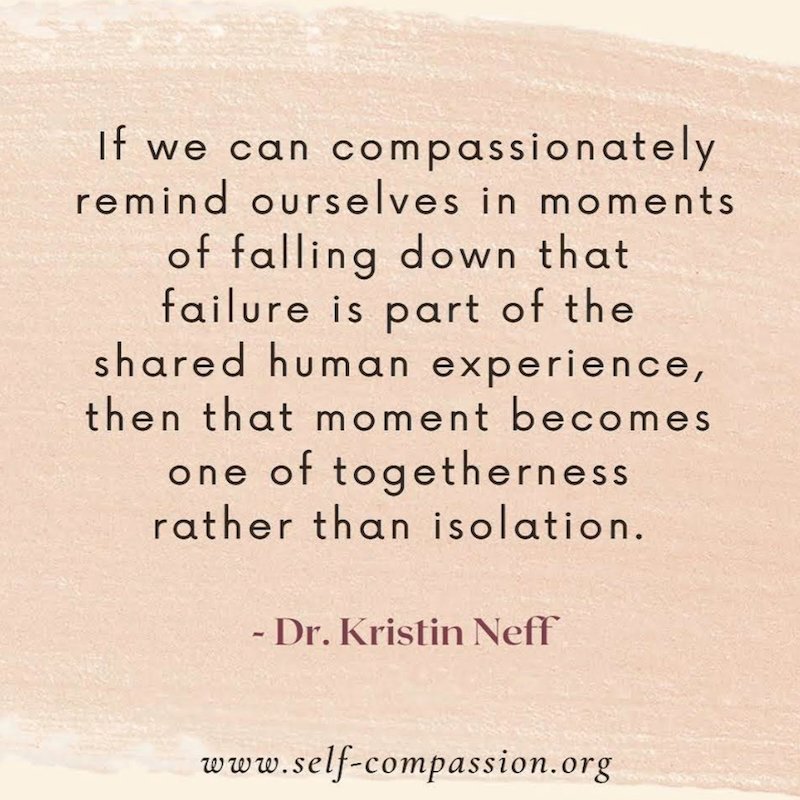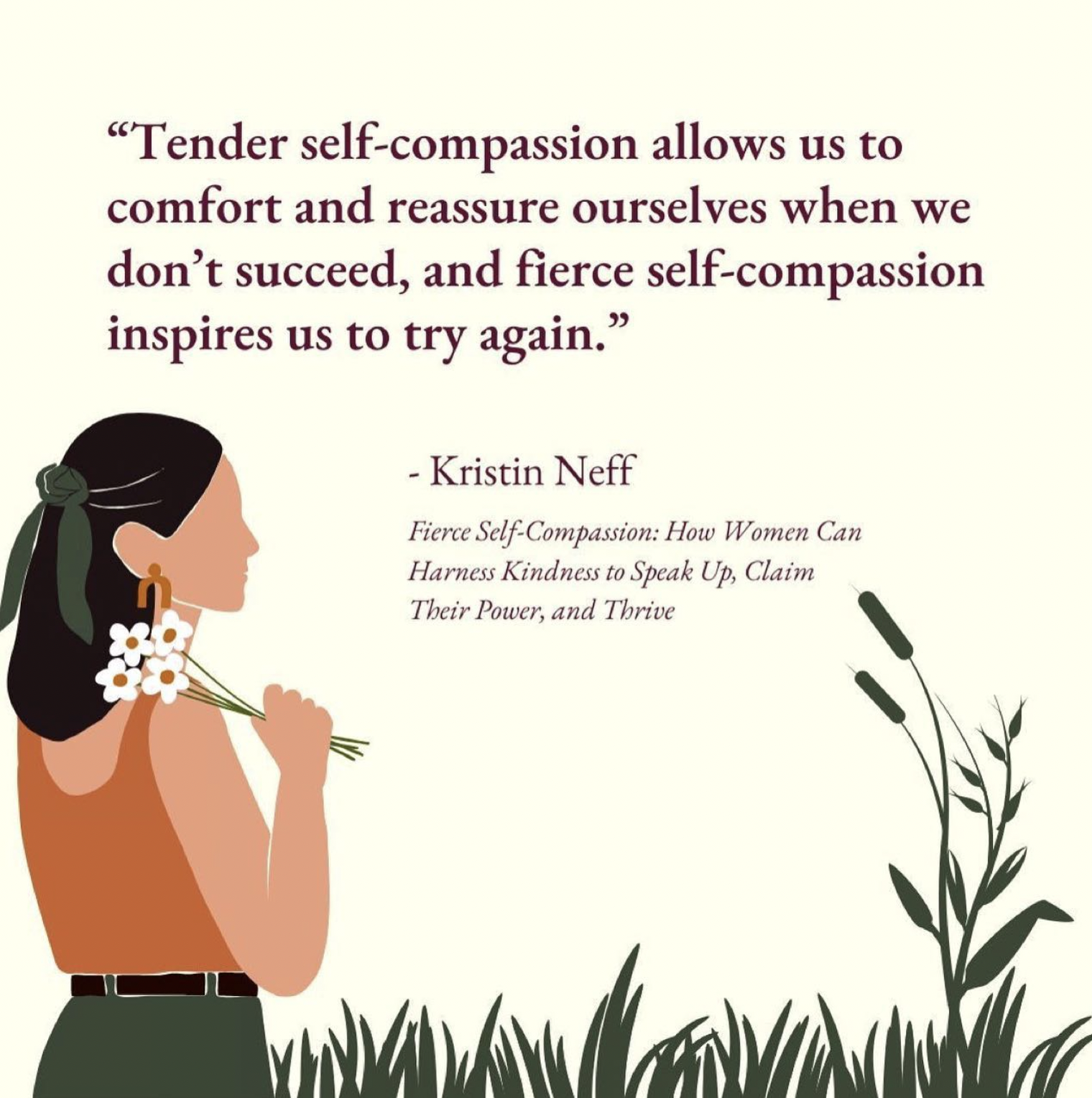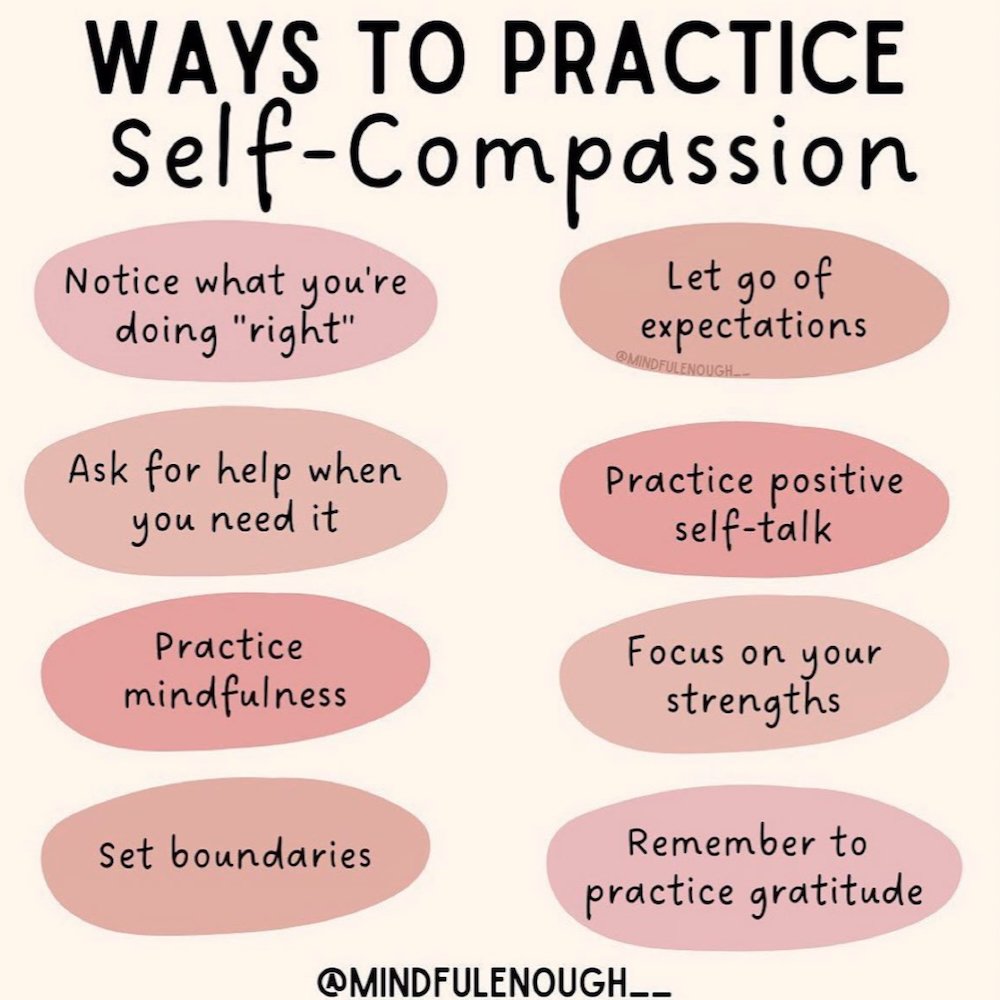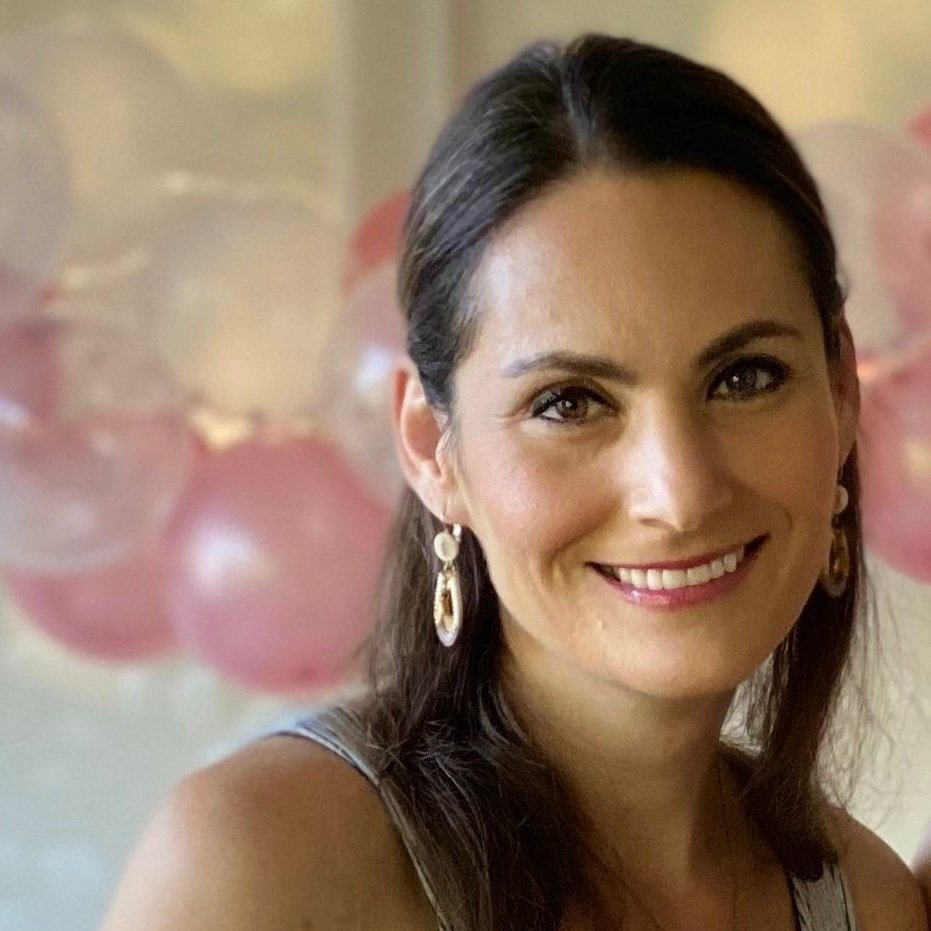Stop Striving For Self-Esteem And Do This Instead
by Carolyn Firestone
There’s a study I stumbled upon recently that said that “older adults” report lower levels of social comparison. Which seemed nice. Especially considering that by the time we reach our 40s, most of us have logged well over the 10,000 hours required to master the skill of putting ourselves down in relation to others.
The big caveat is that once we hit whatever age it is where we decide “ugh, I’m getting old,” we start comparing ourselves to a whole new entity: our younger self.
All our lives, we’ve been taught that the antidote to this sort of self-deprecation is self-esteem. And so, we go after it in the same way we might force ourselves to exercise or lather on a face mask.
But what if there were something better than self-esteem? Something more stable? More reliable? And more realistic?
What if that thing had more mental and physical benefits? Didn’t correlate with narcissism? And was actually linked to lower depression, anxiety, and stress?
And finally, what if the answer wasn’t tied in with our own shaky sense of self-evaluation or assessment at all?
Well, according to acclaimed psychologist, author, and researcher Kristin Neff, there is something better. It’s called self-compassion.
Before you roll your eyes or write this off as a squishy, pie-in-the-sky term that refers to something broad and ideological, consider this. There is a library’s worth of eye-opening and deeply specific research on why the practice of enhancing our self-compassion makes a person more resilient, more successful, more capable of change, and less likely to feel sorry for themselves.
Moreover, there are tangible steps we can take to immediately build up our own self-compassion. And if we do, we’re a lot more likely to not just live a happier life but have a way better system for coping with pain.
There’s really no downside. So, let’s break it down.
What Is Self-Compassion?
Self-compassion is “a stable, unconditional source of worth,” said Neff. It involves being “kind, supportive, encouraging, and loving towards yourself when you struggle” the same way you’d be with a friend.
The 3 Elements of Self Compassion
There are three main components of self-compassion, according to Neff. Each of these elements makes self-compassion closer to something we can actually implement rather than a conceptual thing we merely strive for.
1. Self-kindness:
Just as it sounds, this step is about being “warm, supportive, and encouraging” toward ourselves, especially in difficult moments when we’d typically werewolf into our biggest critic.
Because this step is so much easier said than done, it’s helpful to think of it simply as “treating yourself the way you naturally treat a good friend you care about,” said Neff. “Imagine if your friend called you up and said, ‘I've got this terrible problem. I need to talk.’ And you did one of two things. Either you said, ‘I'm too busy, I can't talk to you,’ or you talked over your friend and didn't listen to them.”
Where we’re perfectly comfortable either glossing over or getting completely lost in our own problems, we tend to have a much more realistic, compassionate attitude toward others, even when they’re struggling with the exact same thing.
2. Mindfulness:
Mindfulness can be one of those terms that sounds deeply beneficial but often gets lost in the abstract. Here’s what it boils down to in terms of self-compassion:
Noticing: No matter the circumstances, “we need to be able to notice that we're in pain,” said Neff.
Inquiring: Once we recognize that we’re struggling, we should ask ourselves “What do I need right now?”
Balancing: Self-compassion is “not like self pity,” said Neff. Or falling into a woe-is-me mentality. “It’s just seeing clearly this is really hard and asking ‘how can I help myself?’”
But what really differentiates self-compassion from self-pity is its third step.
3. Common Humanity:
This is where Neff reminds us to try to “frame our own experience in light of the shared human experience.”
“All people are imperfect. All people make mistakes. All people struggle,” said Neff. “But irrationally, when we fail or make a mistake or are really struggling, it seems as if everyone else in the world is leading a normal, perfect life.”
The reason this creates such a problem is that “whenever we’re hurting, we feel all alone. We feel there's something wrong with us. We feel abnormal…excluded from others. And we feel self-pity.”
According to Neff, the more we can see our suffering (about something like aging for instance) as part of a shared human experience, the less likely we are to single ourselves out. So not only do we feel less self-critical, we also feel less sorry for ourselves.
Why Is Self-Compassion Better Than Self-Esteem?
While both self-esteem and self-compassion are “sources of self-worth,” said Neff, “self-esteem is a judgment or an evaluation. It's like I esteem myself, I judge myself worthy.” Therefore, we have it in those moments when we already “feel special and above average,” and “we don't have it if we feel average.”
According to Neff, self-esteem tends to be “contingent” upon things like:
Social approval
Success
Appearance, “especially for women”
“You might say self-esteem is a fairweather friend. It's just there for you in the good times,” said Neff. Self-compassion, on the other hand, is an unconditional source of worth, not in a phony, love yourself no matter what way, but in the way you relate to yourself when times are hard. It’s how you respond in that precise moment when you’ve made a mistake, or failed, or felt rejected. Again, it’s adopting the orientation of an honest, considerate, and stable friend.
How can you “use” self-compassion?
Because self-compassion is much like a mindset you try to consistently meet yourself with, rather than generalize, here are some specific examples of where it can be applied:
1. Use it to stave off social comparison.
We all know social media invites social comparison. And we all (mostly) accept that it doesn’t paint a full or even accurate picture of a person’s life. Nevertheless, when we observe something like “that person is having an amazing vacation and I can barely afford to pay my rent, or this model looks perfect and I don't look that way…it can make us feel isolated,” said Neff.
In a moment when we notice ourselves comparing, we can say things to ourselves like:
“My worth isn't dependent on looking a certain way or being better than others.”
“That doesn't diminish my value.”
“My worth comes from just being a loving, breathing human being, doing the best they can.”
“That supermodel, no doubt is a human being and has problems [and] struggles just like everyone else.”
“So instead of feeling separate from her and comparing yourself in relation to her, you can feel connected,” said Neff. “We're all human beings. We've got strengths, we've got weaknesses. We're all doing the best we can moment to moment.”
2. Use it in place of “self-care”
“The problem with self-care, at least defined as behavioral self-care is we don't always have time for it,” said Neff. “If you say practice self-care [to a healthcare professional, for example], they're going to roll their eyes.”
Naturally, taking actions we experience as kind and calming, like doing yoga, getting a massage, or reading in a hot bath are all worth making happen…if we care to and we can. Yet, self-compassion is something we learn to do in precisely those situations that are in some ways the opposite of “self-care” - when our kid is screaming, our workload is overwhelming, and the meal we’ve been preparing for three hours just turned to ash in the oven, because we completely forgot to set the timer. In other words, as Neff puts it ”self-care is part of self-compassion, but self-compassion is larger in that it can be done in the moment”
3. Use it to build resilience:
Not to sound like a broken record, but when you think of yourself as a person who suffers (like everyone else) and is worthy of compassion (like everyone else), you in some ways fall into the opposite of a victim mindset. In fact, research shows that people who have been traumatized are helped through it by self-compassion "precisely because they don't feel pity.” Of course, they should feel compassion for themselves. However, “they can connect their experience with those of others, and that actually helps strengthen them,” said Neff.
The same resilience can be tapped into even when a person is at fault or makes a mistake. “It’s not poor me; it's just seeing clearly that imperfection is part of the human experience,” said Neff.
4. Use it to make changes:
“Even though we can accept ourselves as human beings worthy of kindness, we do not accept all our behaviors or all our situations,” said Neff. “That's where fierce self-compassion comes in: the action side of compassion, which wants to change things that are causing harm.”
Studies have consistently backed up the success rate of using self-compassion in the service of change, showing how it’s helped people to:
5. Use it to stop putting as much weight in our appearance.
Because appearance is still one of the main factors shaping a women’s self-esteem, Neff’s advice isn’t to pretend it doesn’t affect us but to try to get to a place in ourselves where it isn’t the prime determinant of our self-worth.
"I still want to look the best I can…I still want to be attractive, but my worth isn't dependent on it,” said Neff. When self-critical thoughts flood in around how you look, “the main thing is to be aware of any pain that comes up around it, and to give yourself compassion for it…And then it won't totally rule you. It'll still be there, but it won't lead to things like depression because you're getting older or because you gained 10 pounds.”
So, how do you actually do it?
“The last 10 years of my life have been spent on just this question, how do we help people actually practice it? And here's the thing, it's easier than I thought it would be,” said Neff. “Most of us have had the experience of knowing how to be compassionate and to be there for others. So we don't have to invent anything new, we just have to give ourselves permission to turn that inward and be the same way with ourselves.”
Weird or unnatural as it can feel, the key, most essential things is this:
1. Ask yourself “what would I say to a good friend I cared about in this exact same situation?"
2. Then try saying something similar to yourself.
“By the time you get to 40, you are probably a compassion expert,” said Neff. “You've helped friends, you've helped family members, got this amazing highly refined tool sitting in your back pocket, but you only take it out to use for other people.” The trick, of course, is to be willing to take it out and use it on ourselves “It's like this superpower that we've developed. It's just ready and waiting for us.”
If you’re interested in diving deeper into exercises designed to help enhance your self-compassion, Dr. Neff created the Mindful Self-Compassion Workbook, but (perhaps in the name of her own compassion), she also includes a bunch of free self-compassion exercises on her website HERE.
carolyn firestone
Carolyn is a freelance writer and editor. Her favorite thing to do is to write about her favorite things, especially when they have even the slightest chance of making someone else’s something (mood, relationship, travel plans, or toiletry kit) a little better. You can find more of her articles here.
This article is for informational purposes only. It is not intended to be used in place of professional advice, medical treatment, or professional care in any way. This article is not intended to be and should not be a substitute for professional care, advice or treatment. Please consult with your physician or healthcare provider before changing any health regimen. This article is not intended to diagnose, treat, or prevent disease of any kind. Read our Terms & Conditions and Privacy Policy.


